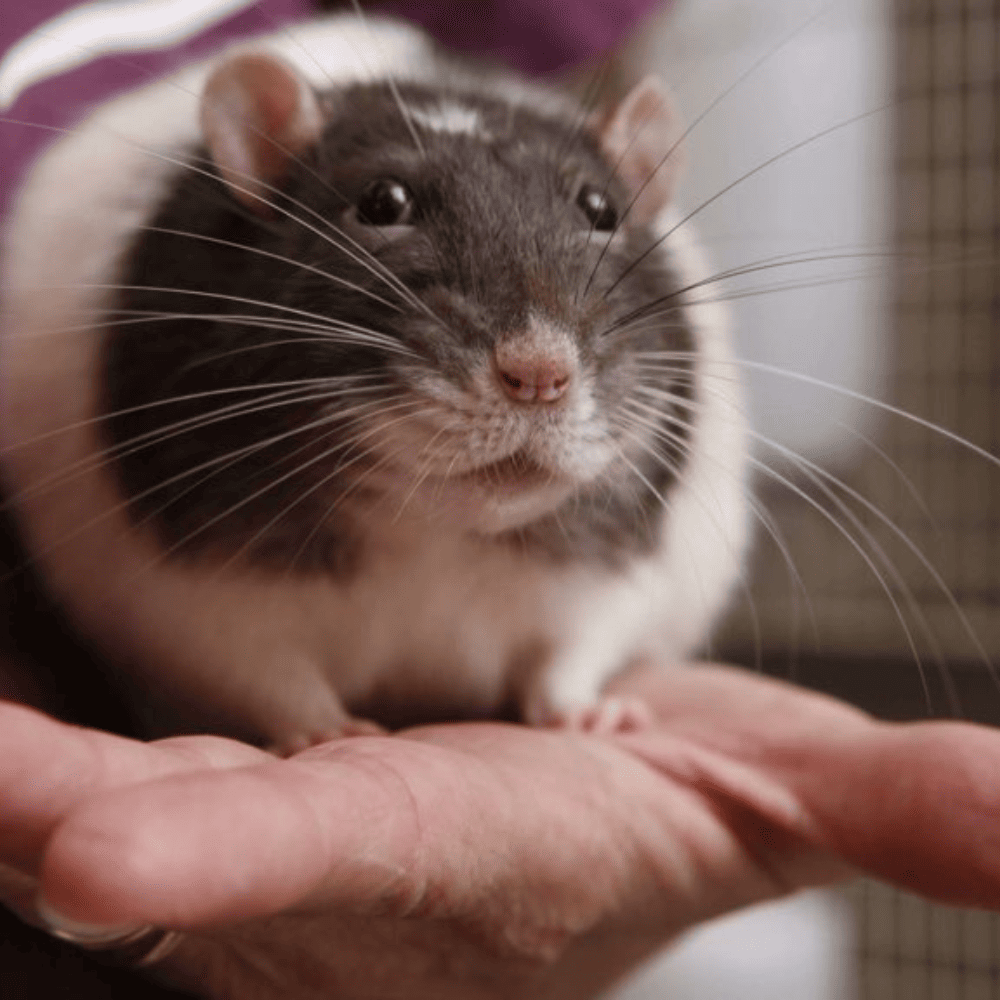
Turns out, rats aren’t all serious and scurrying around – they enjoy a good playtime too. Recent research has cracked the code behind these furry creatures’ playful behavior, locating the brain region responsible for their joy. This discovery might not just shed light on the antics of rodents but also offer insights into human emotions like anxiety.
Playful Rats and Brain Activity
Play, a behavior that’s often overlooked in scientific studies, has more importance than we might think. It likely aids in the growth of mammalian brains and contributes to emotional and social development. Think about kids engaged in playful wrestling; they stop when the laughter stops. To untangle the neural wiring behind play and laughter, scientists implanted tiny electrodes into rat brains. As rat laughter isn’t audible to us, ultrasonic microphones were used to capture their sounds. Rats were introduced to various playful activities, including tickling and chasing the researcher’s hands, both solo and with a partner.
Mapping Playfulness in Rat Brains

By monitoring brain activity during these interactions, scientists pinpointed a brain area called the periaqueductal gray (PAG) that consistently lit up. Intriguingly, when rats faced anxiety-inducing situations, PAG activity dropped, even during tickling. Confirming PAG’s role, researchers disrupted PAG neurons chemically, leading to rats losing interest in play and tickling.
Beyond Rats
The implications go beyond rats. Given that humans have sizable PAG regions in their brains, it’s tempting to wonder if this area performs a similar function in us. The possibilities are thrilling; comprehending the significance of play might offer novel avenues for understanding and treating mood disorders. This exploration into the positive side of emotions, an area often overshadowed by the focus on negatives, represents a step forward in neuroscience. The study’s co-author Michael Brecht said that there’s relatively little research on positive emotions. With rats showing us the way, the captivating realm of play and its impact on mental well-being is just beginning to unravel.